Sanctions are not strong enough
The Ho Chi Minh City People's Committee has just decided to fine two real estate companies for selling future housing without a license and constructing works that do not comply with planning.
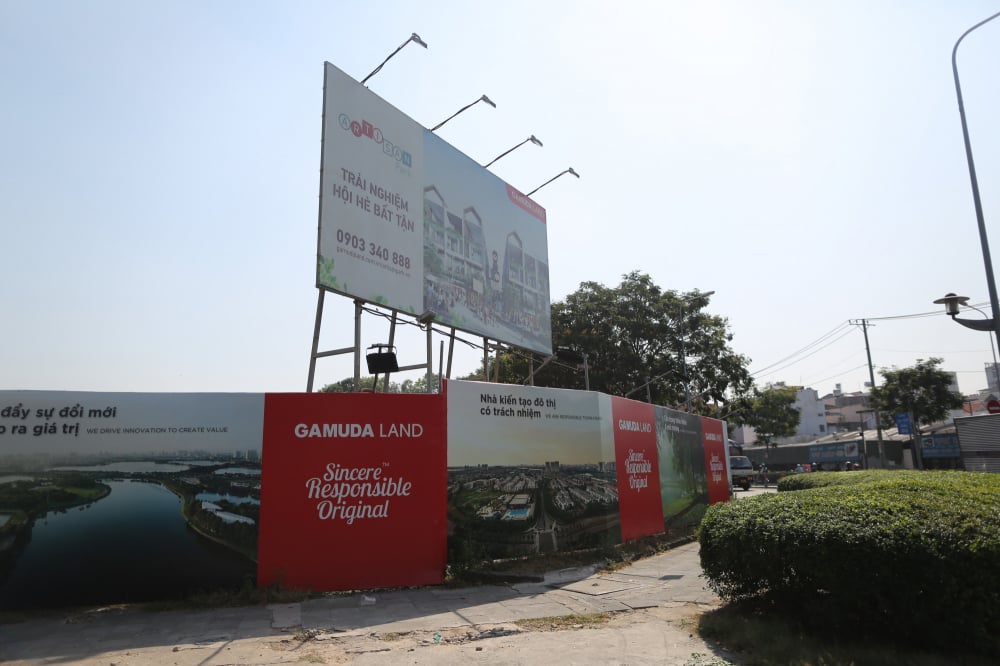
Ho Chi Minh City People's Committee fined Gamuda Land VND900 million for illegal capital mobilization.
Specifically, Khai Thinh Real Estate Joint Stock Company was fined 500 million VND for conducting real estate business without fully meeting the prescribed conditions, or without permission to put it into business.
Khai Thinh signed a contract to buy and sell apartments at the Khai Vy mixed residential and commercial project in Phu Thuan ward (District 7) without receiving written consent from the housing management agency, agreeing to allow the project owner to buy and sell future housing.
At the same time, the Ho Chi Minh City People's Committee decided to apply an additional penalty of suspending real estate business activities for 4.5 months for the Khai Vy mixed residential and commercial project.
Meanwhile, Gamuda Land Joint Stock Company committed a violation when signing a contract to buy and sell apartments at apartment building A5, part of the Tan Thang sports complex and residential area project, on land plot number 39, map sheet number 40, in Ky Son ward (Tan Phu district) without a document from the Department of Construction notifying that it is eligible to sell or lease future housing according to the law.

Project perspective of Gamuda Land Joint Stock Company as investor.
Therefore, pursuant to Clause 4, Article 58 of Decree 16/2022 of the Government , the People's Committee of Ho Chi Minh City has decided to fine Gamuda Land VND 900 million for illegal capital mobilization.
According to Lawyer Do Truc Lam, Director of Lam Tri Viet Law Company Limited - Ho Chi Minh City Bar Association, currently, sanctions for violations are available but are still low, not enough to deter, while the benefits of illegal capital mobilization are too great, the number of customers is large, the amount of money collected is not small. And inspection, handling of violations, or resolving disputes in court takes a lot of time, so investors ignore it and are willing to mobilize illegal capital.
Consequences of illegal capital mobilization projects
Real estate experts say that real estate is still a safe investment channel and generates huge profits even in the context of a difficult market.
With attractive and profitable prices and "winged" words from investors as well as brokerage units, customers and investors are often subjective and do not require project investors to provide legal procedures such as: detailed planning 1/500, construction permits, environmental impact assessment reports (EIA)...
After many years, the project did not start construction, and customers found out that the project did not have full legal documents. As a result, investors and customers were at risk of "losing" their deposits and transactions.
Customers who have transacted in such projects should consider carefully because if the project is not implemented for a long time, it will also lead to the possibility that the investor will no longer have financial capacity. In case the investor does not ensure the progress, the customer can request to terminate the transaction and refund the money or file a lawsuit in court if no agreement can be reached.

Lawyer Lam said that currently, sanctions for violations are available but are still low and not enough of a deterrent.
Lawyer Do Truc Lam said that the consequences of illegal capital mobilization by investors are violations of economic management order, land policies, planning, and construction of the State; Risk of tax loss to the budget; Infringement of legitimate rights of customers; Causing public outrage, reducing people's trust; Causing instability, damage to the general economy; Causing loss of time, effort, and finance of the State in the management and handling of consequences of violations; and people also of course suffer great damage.
“The State should supplement and improve the legal framework on business conditions and capital mobilization in the real estate sector; Sanctions regulations need to include more stringent measures, such as increasing fines, along with applying temporary suspension of operations, prohibiting capital mobilization from customers, and if there is intentional recidivism, criminal liability will be prosecuted, and compensation for damages to customers will be required,...”, lawyer Lam emphasized.
“In addition, we need to be proactive in state management, especially in quickly inspecting and handling violations when there are complaints and denunciations from the people; In addition to the work of disseminating the law to the people, the State can study and supplement regulations requiring investors to have an introduction to legal regulations on the process, conditions for opening sales, mobilizing project capital, etc. as a mandatory document to be sent to customers in advance; To avoid risks, people also need to update themselves and improve their knowledge on legal assessment of qualified projects, identify forms of capital mobilization fraud, prevention is better than cure, avoiding losing money or falling into a situation of prolonged disputes,” said lawyer Lam.
Currently, the Draft Law on Real Estate Business (amended) is being discussed by the National Assembly at the 6th Session of the 15th National Assembly. One of the issues being discussed at the parliament is the issue of deposits when buying and selling houses on paper.
According to the drafting committee, the draft Law on Real Estate Business (amended) has been reviewed for its scope of regulation with the draft Law on Land (amended), the draft Law on Housing (amended) and related laws, ensuring no overlap or conflict in scope of regulation, while ensuring the consistency and synchronization of the legal system.
Hopefully, when the Draft Law comes into practice, it will put an end to the shortcomings regarding deposits in the ongoing "house on paper" projects.
Source


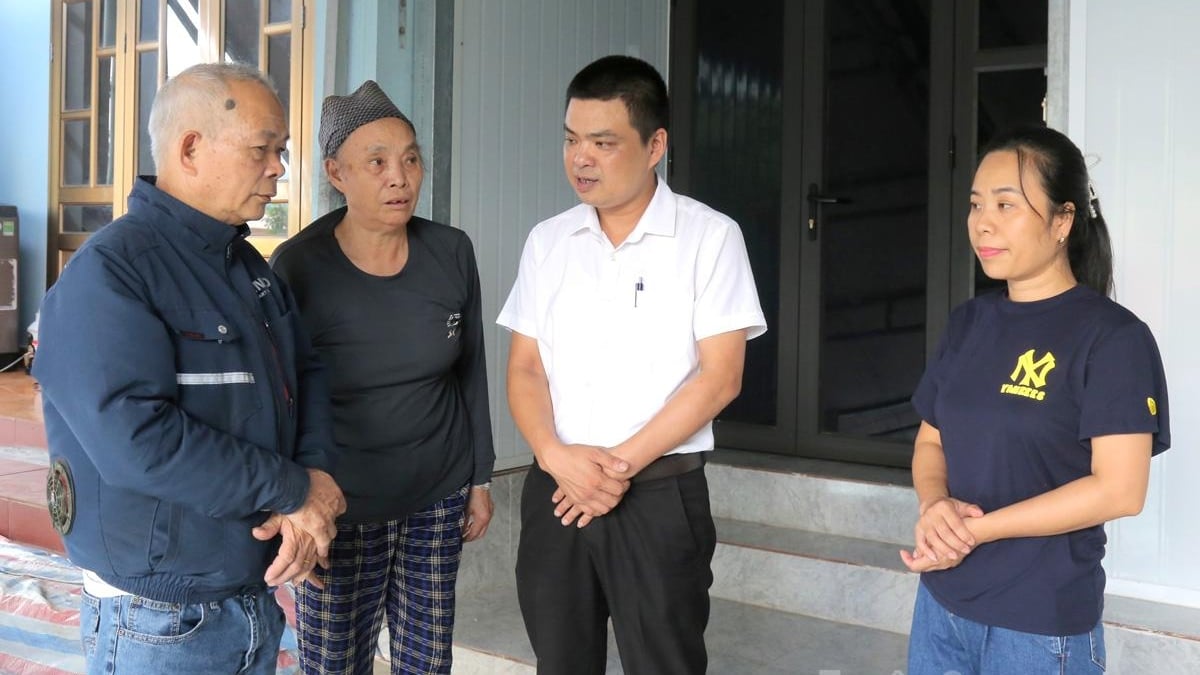
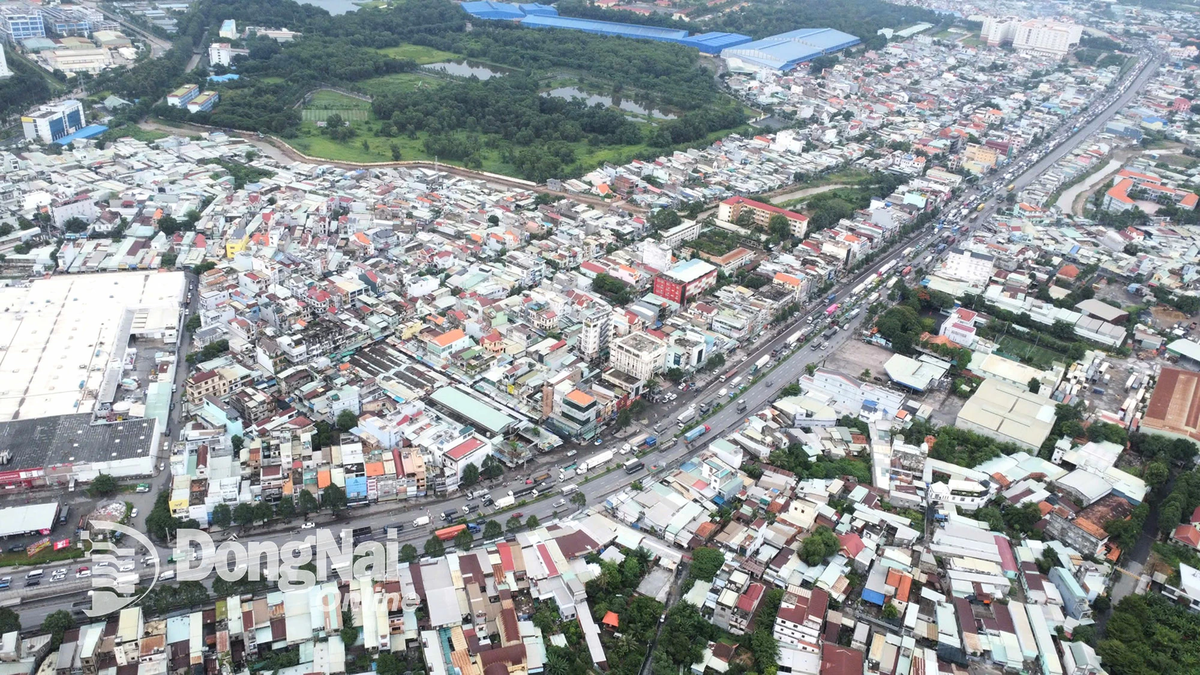
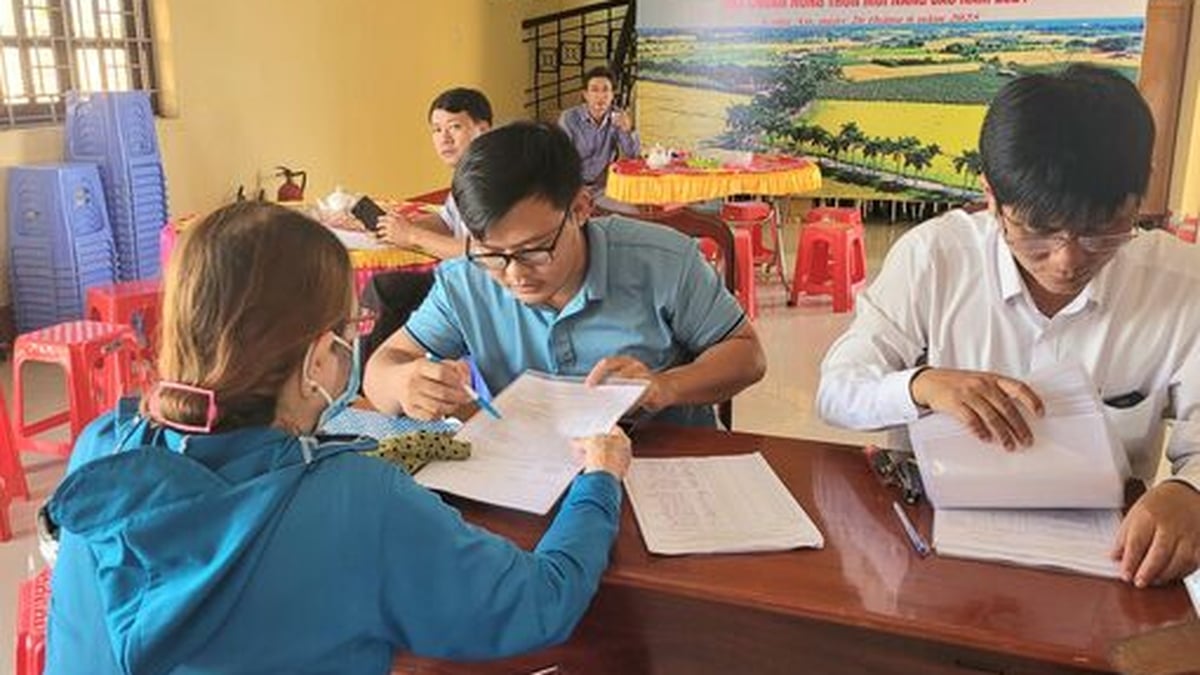



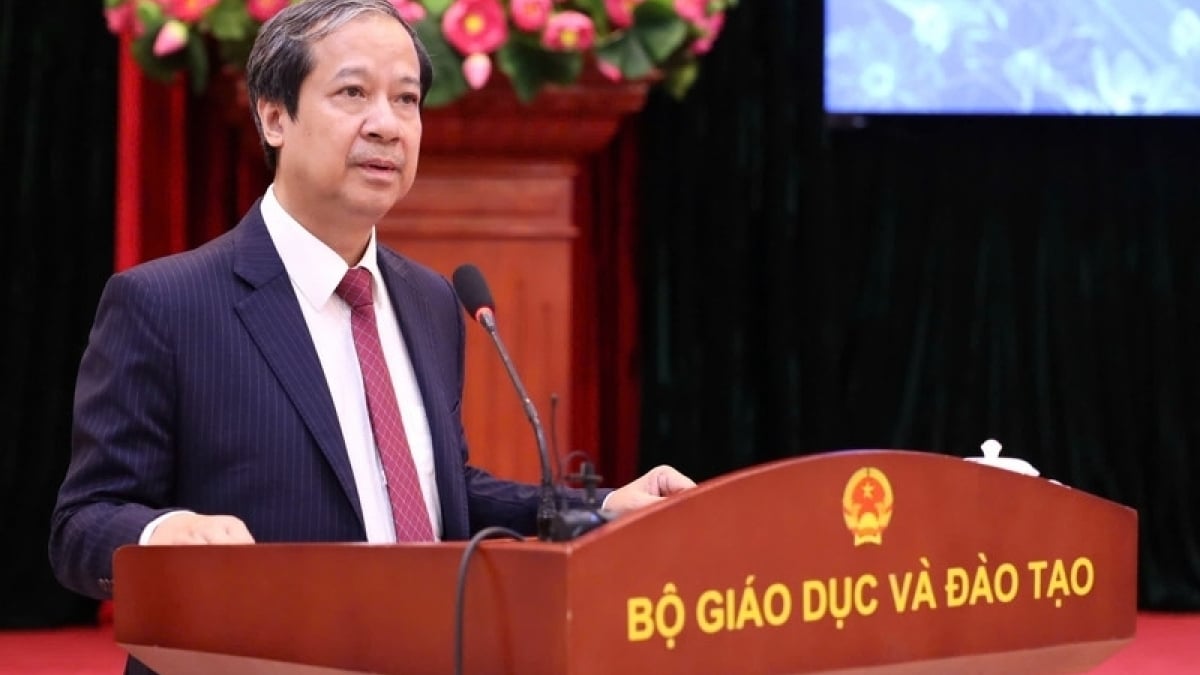
























































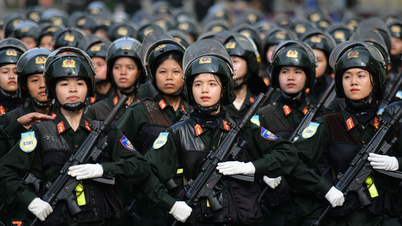





















![[Infographic] In 2025, 47 products will achieve national OCOP](https://vphoto.vietnam.vn/thumb/402x226/vietnam/resource/IMAGE/2025/7/16/5d672398b0744db3ab920e05db8e5b7d)














Comment (0)